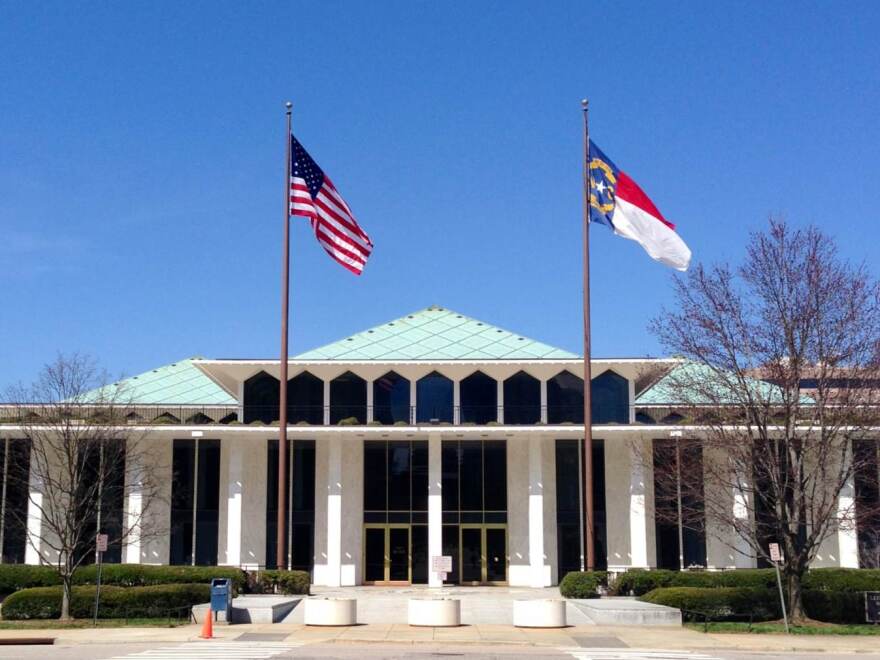North Carolina Republicans maintained their super majority in the state House and Senate after Tuesday night’s election, meaning they will continue to have the ability to override gubernatorial vetoes and pass laws without a single vote from Democrats.
In the Senate, Republicans gained one seat, raising their majority to 34 seats in the 50-member changer. In the House, Democrats gained as many as four seats, likely lowering the Republican majority to 73 seats in the 120-member house.
I would say that that's a validation of the change in direction that we've led North Carolina in and indication that people want us to continue in that direction. - Senate Majority Leader Phil Berger
Democrats made gains in hotly contested races, unseating prominent representatives: Tim Moffitt of Buncombe County, who was once considered a potential candidate for House Speaker; Tom Murry of Wake County, who shepherded a large economic development bill last year; and Mike Stone of Sanford, who helped pass a law to issue the state’s first fracking permits next year. But Republicans will keep the comfortable majority they’ve held since they went into power in 2011.
“It’s not really going to affect things,” Andy Taylor, an N.C. State University political science professor, told the Raleigh News & Observer.
In an interview, Senate Majority Leader Phil Berger (R-Edenton) said he saw the race results as a signal from voters.
"I would say that that's a validation of the change in direction that we've led North Carolina in and indication that people want us to continue in that direction," Berger said.
All 170 seats in the General Assembly were up for re-election, but almost 80 of those seats were determined by May because candidates were running unopposed. Fewer than 20 of those were considered by political observers to be tightly competitive in Tuesday’s elections.
Democrats attribute the lack of competition to the way Republicans drew legislative districts in 2011. The maps have been upheld by courts.







